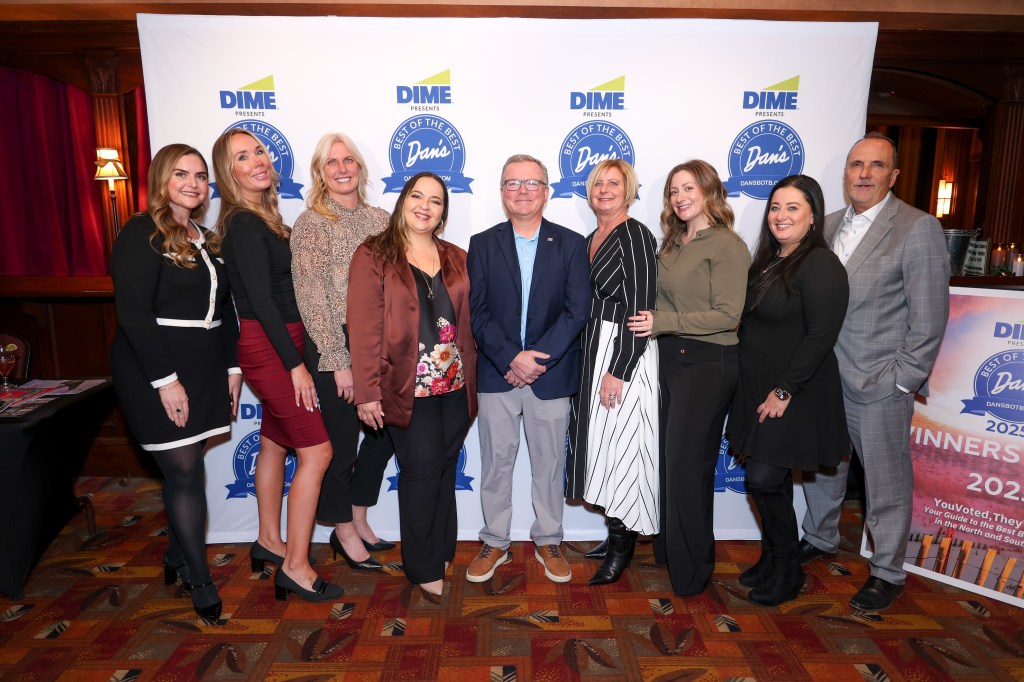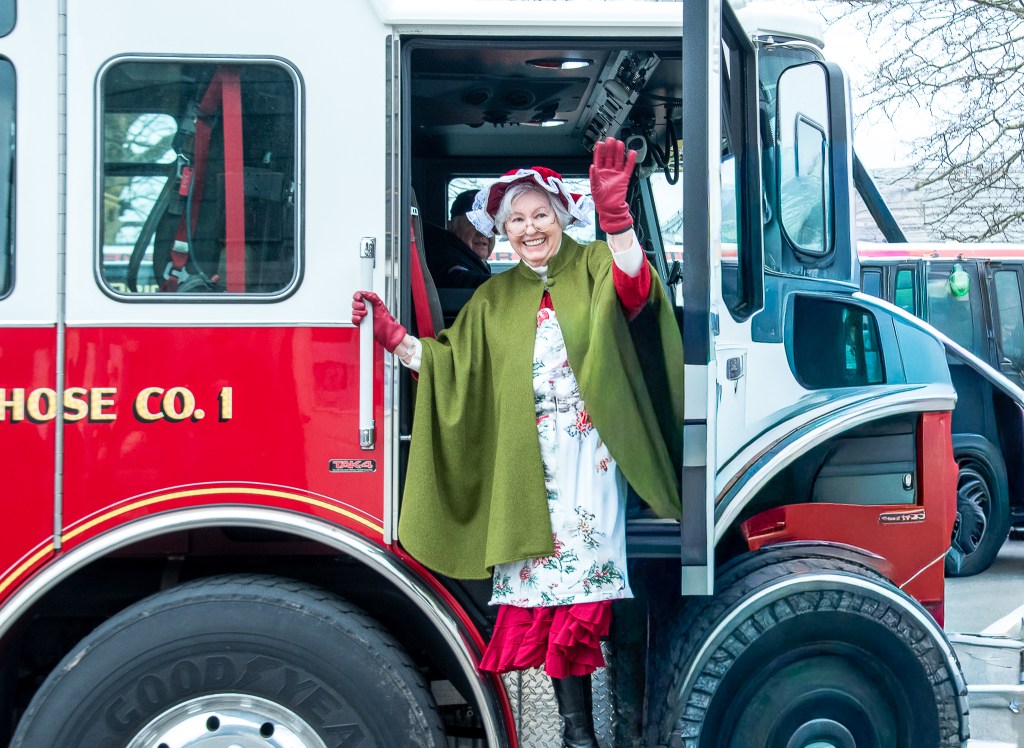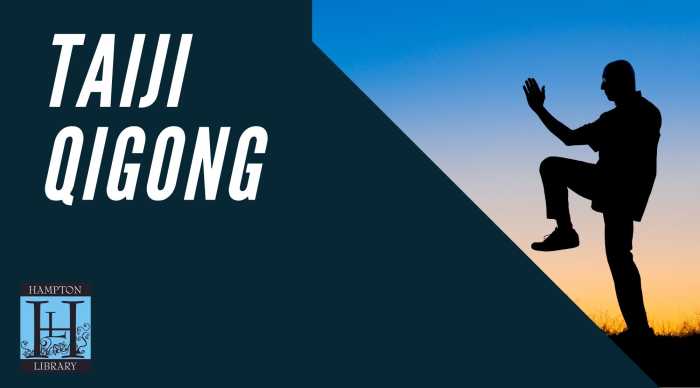Tovah Feldshuh Invites Readers into Lilyville
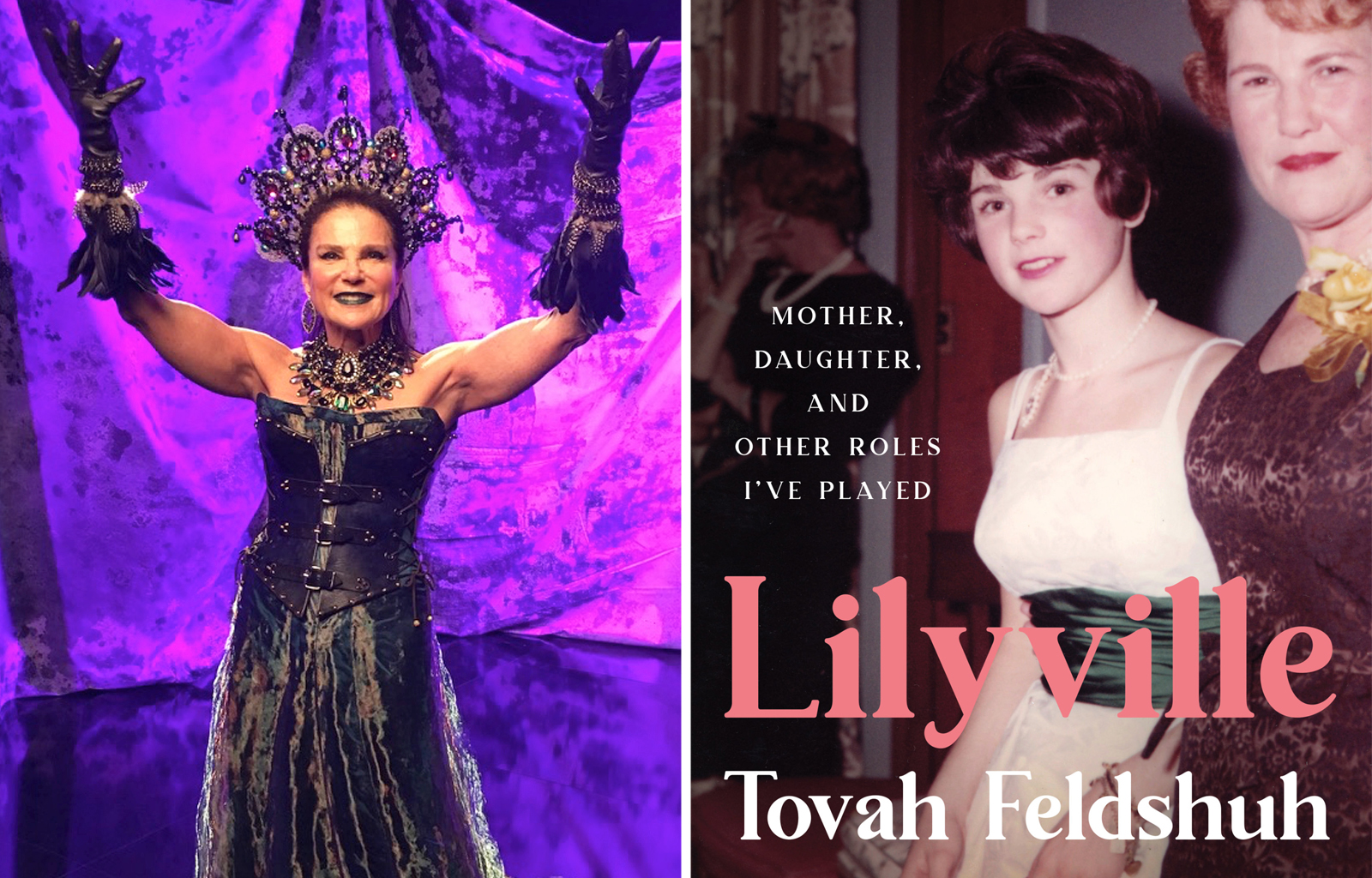
The shelves of local bookstores are packed to the brim with the memoirs of the rich and famous—movie stars, talk show hosts, politicians, business moguls, fashion designers, celebrity YouTubers, you name it—each eager to share their life story, expand their personal brand and hopefully add “bestselling author” to their social media profiles. When approached by United Talent Agency literary agent Albert Lee to write her own memoir, however, Broadway and television star Tovah Feldshuh couldn’t shine the spotlight solely on herself, she felt called to share it with the woman whose applause meant more to her than anyone else’s—her late mother Lillian “Lily” Kaplan Feldshuh. Part biography, part memoir, and written in the form of a play, Lilyville: Mother, Daughter and Other Roles I’ve Played is a one-of-a-kind book about “the agony and the ecstasy of the mother-daughter relationship,” as well as the backstage secrets and on-set surprises that come with an acting career as impressive as Feldshuh’s.
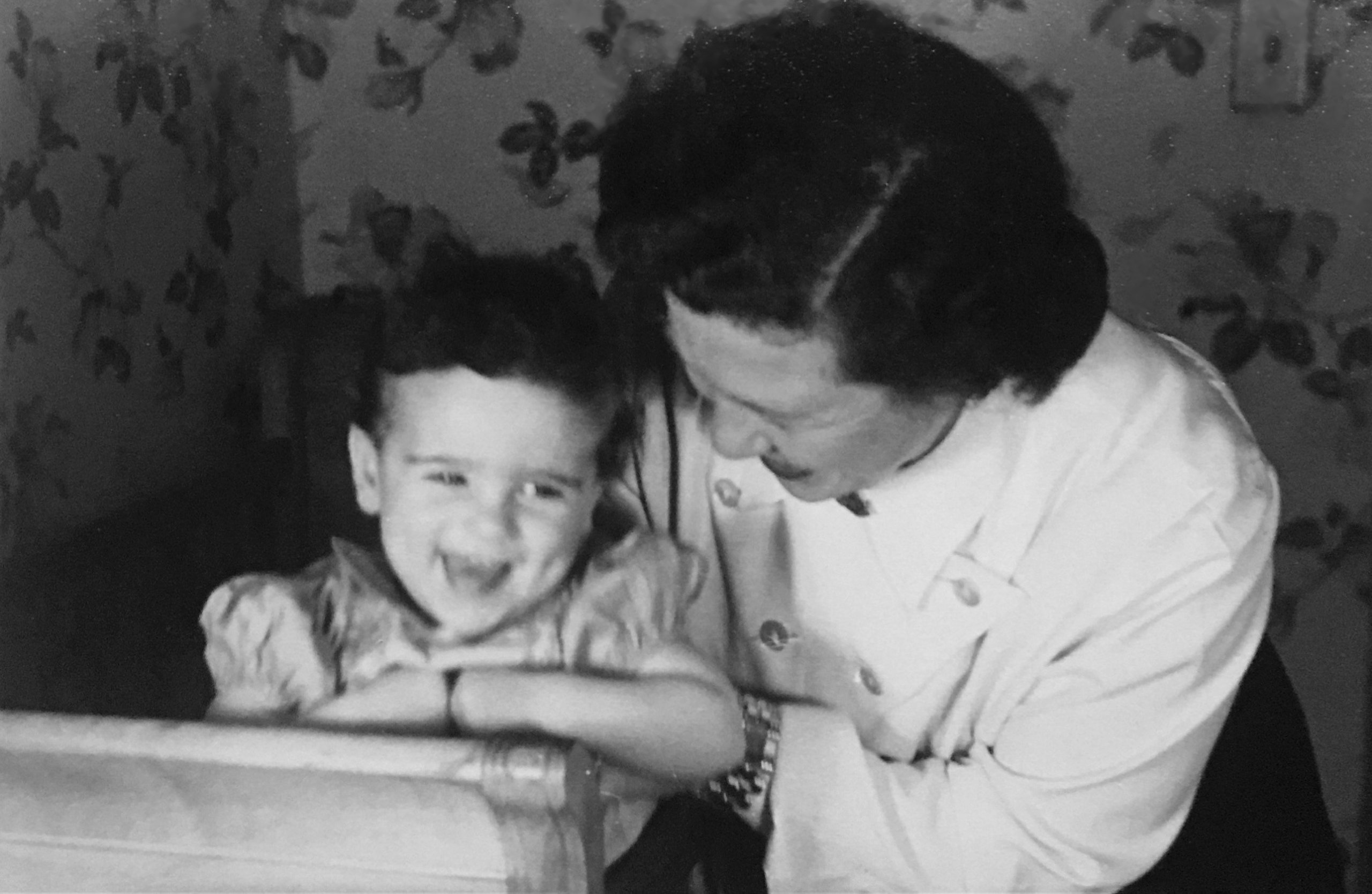
According to Feldshuh, she chose to write her memoir as her mother’s biography as a way to honor and share her long, incredible life story. “My mother had died and lived to over 103 and had this extraordinary journey, and I wanted to make what she had to give me—her wisdom, her cost of wisdom, and her wit—to the planet. Also, I wanted my mother to live forever. Don’t we all?” Feldshuh says. “I said to myself, ‘Wow, maybe I can hit the universal, hit the common river of human experience by going into the mother-daughter or the parent-child relationship. We all have parents as homo sapiens and most of us have children, some don’t, but that’s a primal topic that might have wider appeal rather than doing just a celebrity autobiography, and there are millions of them.”
She continues, “I wrote the book not to be peripheralized. I wrote the book that America should benefit more from the brilliant Chinese tradition of honoring the elder, that the elder is held in esteem, and that’s one of the reasons my mother lived to 103—she became the center of the Kaplan-Feldshuh clan.”
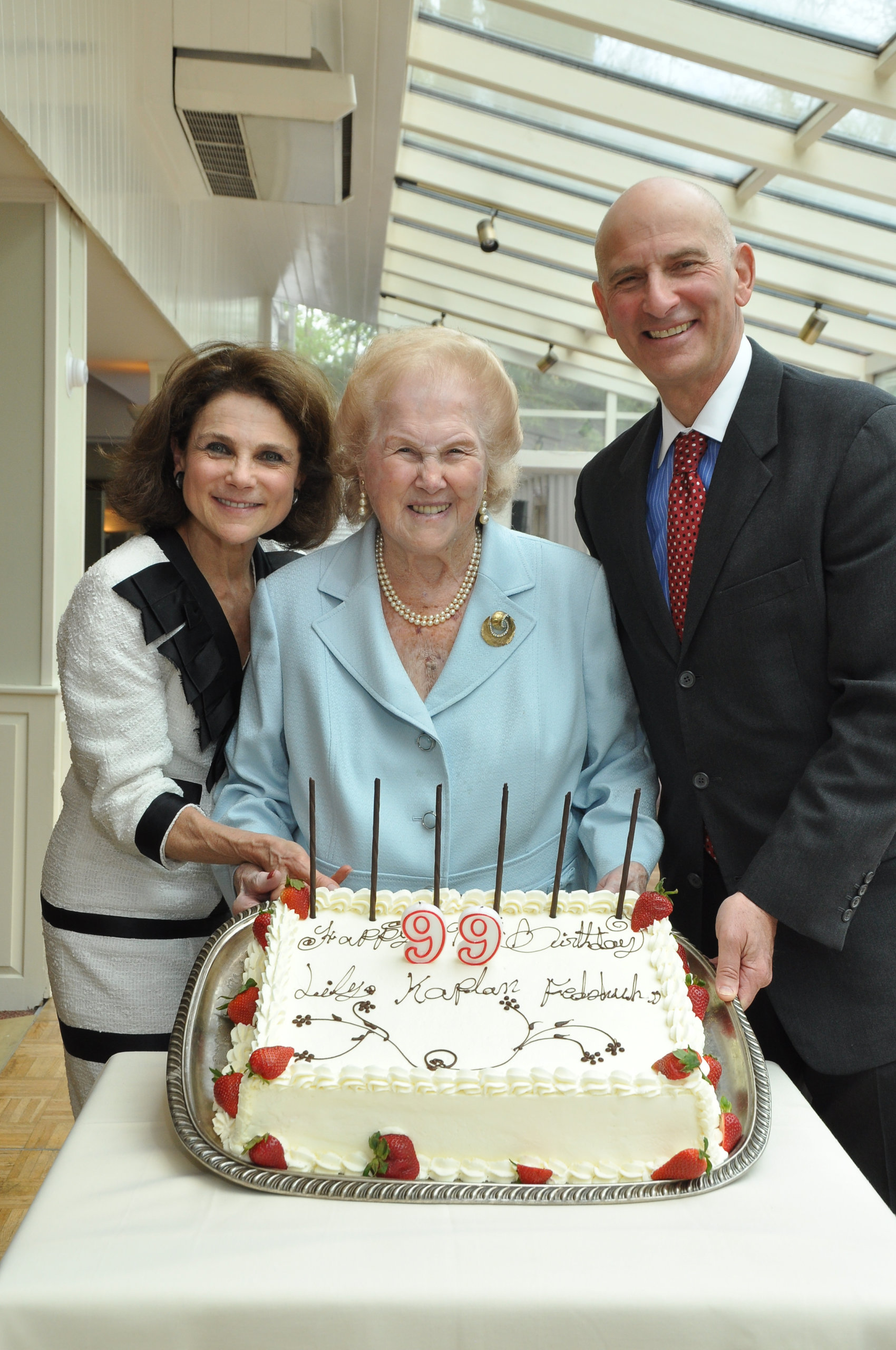
The book eloquently contrasts the bold Feldshuh and the quiet Lily and delves into the circumstances that shaped these strong Jewish American women in two starkly different moments in history. “The reader gets a rich tapestry of what my life looked like with my mother and what the history of the American—in this case, Jewish—woman looked like from 1911 to 2021. That’s 110 years of American evolution of the American woman,” Feldshuh explains. “We were born 40 years apart—that’s two generations—so there wasn’t a generational divide, there was a generational chasm. She was born before women’s suffrage, before World War I, lived through the Spanish flu. She grew up in the Roaring ’20s. She was able to weather the complete stock market crash; she worked her way through NYU, put herself through college, the Great Depression, meeting my father, eloping with my father secretly then two years later announcing their engagement and getting married again on the rooftop of the St. Moritz, and, of course, World War II, when my father was drafted into the United States Army at 32…. I came from a different place; I came during the second wave of women’s liberation.”
Just as Feldshuh was beginning to write her premiere memoir, COVID put the world on pause, “but a writer doesn’t have to stop,” she notes, adding that she and husband Andrew Harris Levy quarantined at their Quogue home in spring 2020, giving her a serene location to focus on writing. “COVID collaborated and gave me time to solely work on this book.”
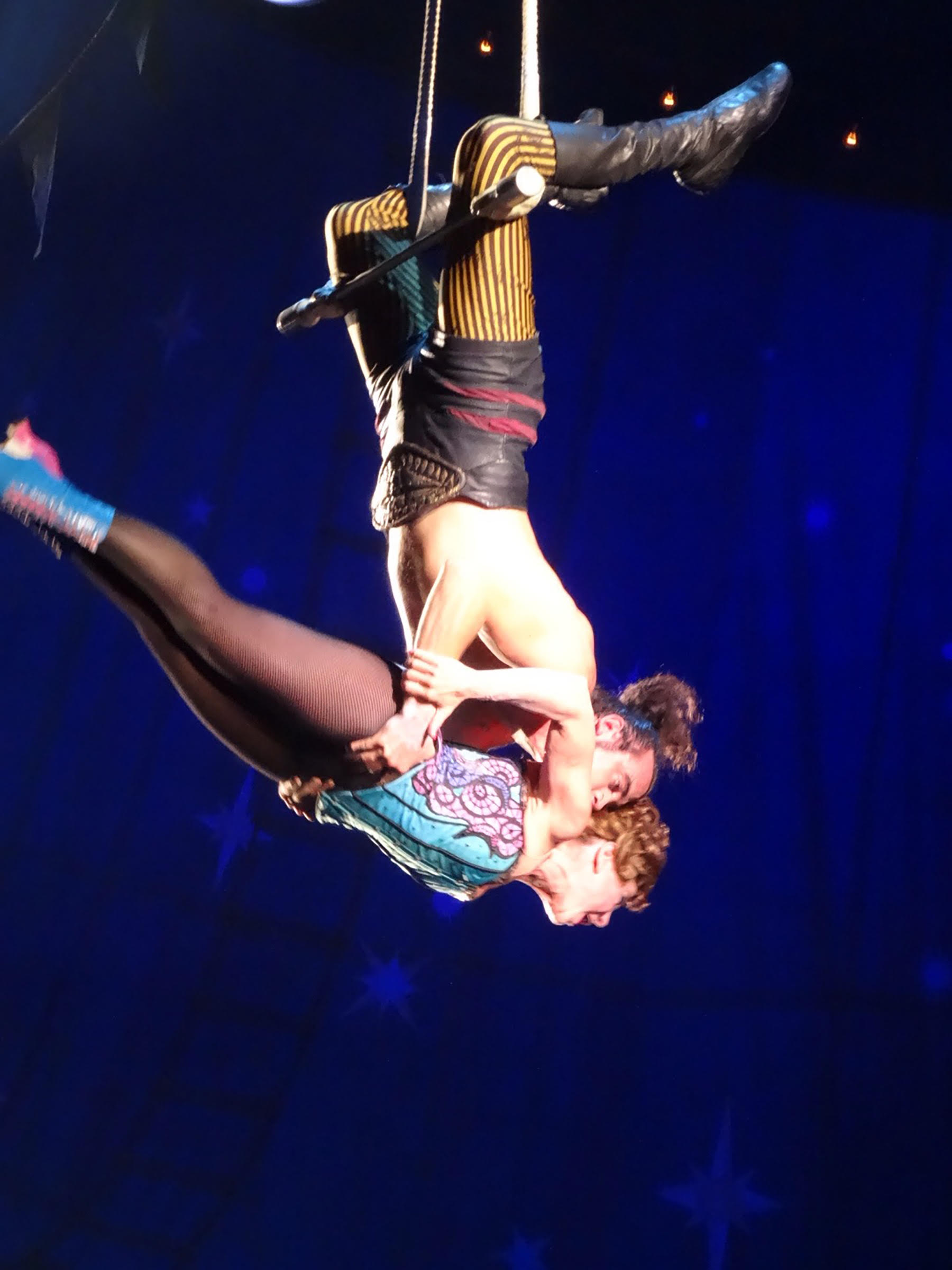
Upon completing her memoir, Feldshuh’s editor commented that, ‘This isn’t a book,’ which nearly gave the first-time author a heart attack, she says. As she was trying to rework the memoir, a friend suggested writing from what she knows best, and so the book inevitably became a play told in three acts. Scenes replace chapters, an overture replaces the prologue, a cast party replaces the acknowledgements, and so forth. She describes the change as “epiphanous.”
The book begins with some insightful family history, detailing the origins of mother Lily, father Sidney and other key members of the Kaplan-Feldshuh family tree. Feldshuh describes the process of researching her history as “a joy,” adding, “It was a gift, and it’s a gift, as we say in Hebrew, l’dor v’dor, from generation to generation that my children and my grandchildren who have Lily inside of them, will honor her memory.”
As Lilyville progresses, the intricacies of Feldshuh and Lily’s complex relationship become evident, with each utterance of mother’s “Don’t be ridiculous,” or “Don’t be selfish,” met with reflective analysis from a now-adult daughter who has come to better understand her mother’s intentions. “It reveals the possibility of making a relationship right after years of—I won’t say discord—but miscommunication,” Feldshuh says.
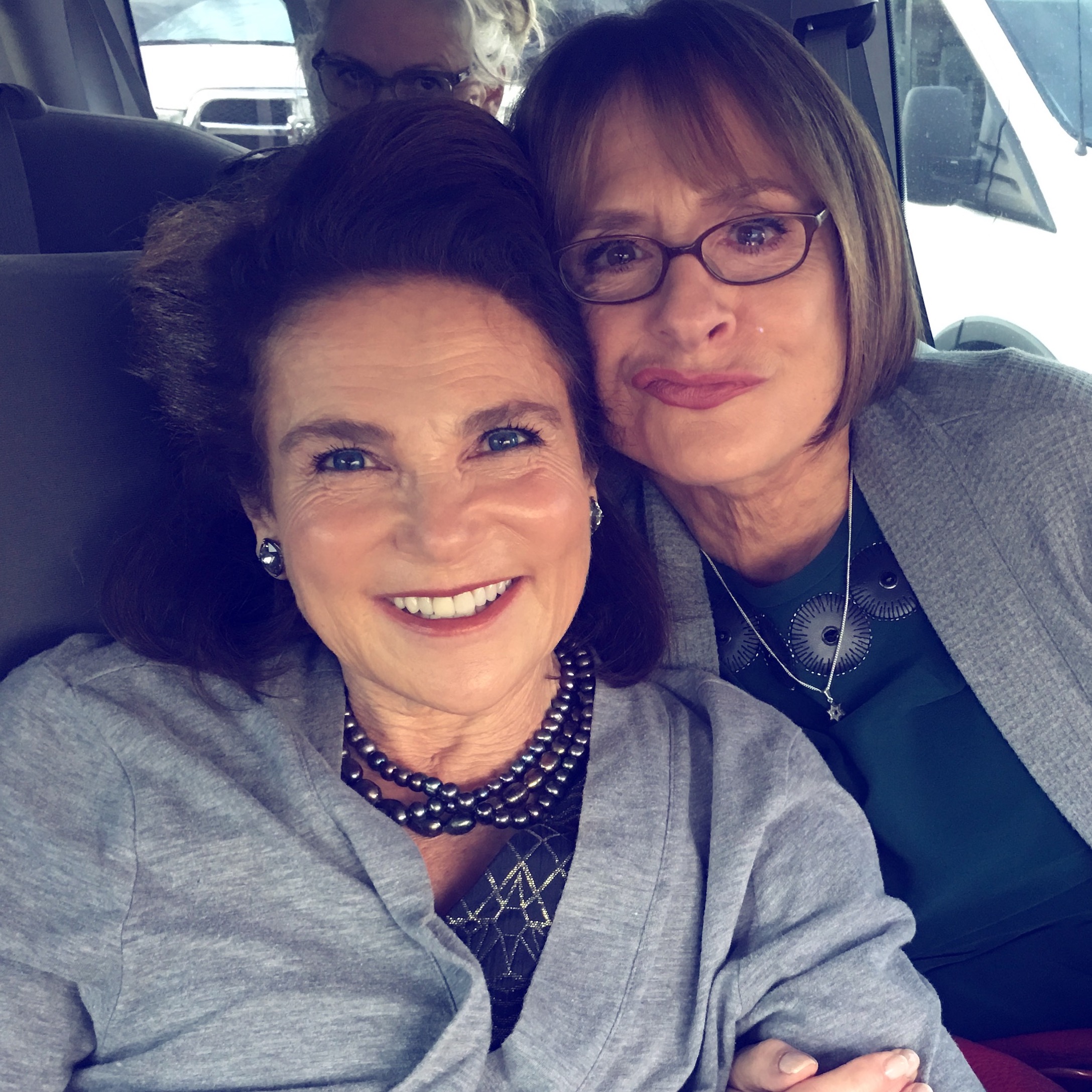
In addition to the mother-daughter relationship at the heart of Lilyville, the book also offers an exclusive look into Feldshuh’s roles in TV series Crazy Ex-Girlfriend and The Walking Dead, Broadway productions Pippin and Yentl, and the longest running one-woman Broadway show, Golda’s Balcony. Readers will also be treated to snapshots of Feldshuh’s encounters with Barbra Streisand, Viggo Mortensen, Liev Schreiber, Cybill Shepherd, Patti LuPone, Ruth Gordon, Garson Kanin, Nobel Laureate Isaac Bashevis Singer and the late Supreme Court Justice Ruth Bader Ginsburg.
Lilyville: Mother, Daughter and Other Roles I’ve Played can be found at local bookstores now. With the book now released, Feldshuh is currently working on adapting it into a television series.
